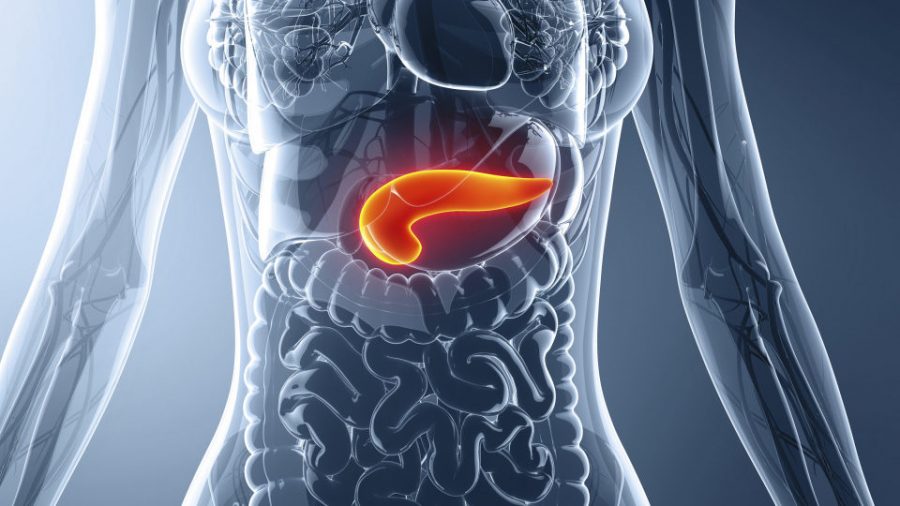Scientists discover cannabis chemical could help fight pancreatic cancer
When pancreatic cancer cells were treated with an isolated cannabis-derived flavonoid composition, “a major increase” in cancer cell death occurred
Will doctors soon be prescribing cannabis for pancreatic cancer? If the findings of a new study are anything to go by, then quite possibly.
Cannabis has a plethora of uses in the medical field, from its potential as an all-natural anti-inflammatory to its pain-relieving effects.
Now, according to the study on cannabis’ ability to treat pancreatic cancer, patients may benefit from swapping pills for pot.
Published on July 23 in the journal Frontiers in Oncology, the cannabis study explored phytonutrients and their effects on pancreatic cancer cell growth.
Phytonutrients are the chemicals that give fruits and vegetables their color. Additionally, they contribute to the plant’s signature smells and flavors.
Study on cannabis for pancreatic cancer used pharmaceutical flavonoid composition
A team of researchers from Boston-based Dana-Farber Cancer Institute conducted the study on lab mice, all of which were purposely administered with isolated pancreatic cancer cells. Unhealthy cells were treated with FBL-03G – a cannabis-derived drug produced by Flavocure Biotech Inc. This company is based in Baltimore and it maintains the intellectual property rights of FBL-03G.
FBL-03G is a derivative of Cannflavin B – a molecule derived from Cannabis sativa L. The “cannabis-based flavonoid pharmaceutical composition” is awaiting patenting, following a U.S. Patent Office application initially submitted in 2015. By isolating and patenting a specific flavonoid, the researchers discovered that it could be a suitable, efficient and lucrative treatment for the medical market.
Pancreatic cancer cells are often resistant to treatment. However, when they interacted with FBL-03G, “a major increase” in cancer cell death occurred. Moreover, cell death bolstered dramatically when the cells were treated with a combination of flavonoid and radiation treatment.
“The findings demonstrate the potential for this new cannabis derivative in the treatment of both localized and advanced [stages of the disease],” wrote the authors of this study on cannabis for pancreatic cancer. “The results justify further studies to optimize therapy outcomes toward clinical translation.”
As many as 56,770 Americans will be diagnosed with the disease this year; over 45,750 will die from the disease, which has one of the shortest survival rates of all cancers.
Cannabis-based medicines are available in 33 U.S. states
So far, 33 U.S. states and the District of Columbia have legalized the plant for medical purposes, with an additional 11 states having legalized the plant for adult-use.
In spite of sweeping legalization, pancreatic cancer does not yet exist as a qualifying condition to receive medical cannabis as a treatment in any cannabis-friendly state. However, thanks to the results of this study on cannabis for pancreatic cancer, more research is likely to be conducted in future.
Plus, with the Drug Enforcement Administration (DEA) recently declaring it will push forward with medical cannabis research applications, something’s gotta give.








